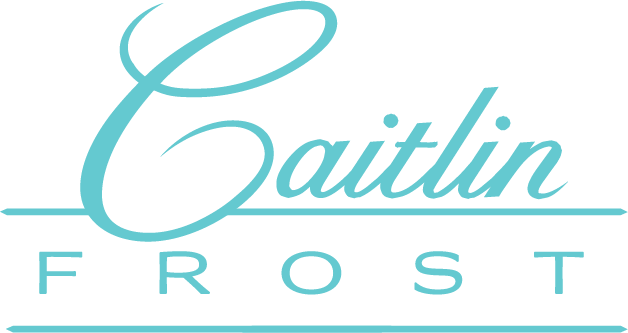Life is full of opportunities and challenges. Fear can limit us in both. We can learn to work skillfully and compassionately with our own fear through directly engaging our fearful thinking with inquiry. From a place of more clear relationship to our own fear, we can act more clearly and wisely, and can also access more learning, growth and connection right in the thick of what scares us.
What do we do with our fear?
People say “Be Fearless!” and I have noticed that is much easier said than done. It is also not always helpful to repress our fears, or to hold our breath, close our eyes and push through it (the “Just DO IT” approach) which sometimes works to get us over an initial hesitation, and other times lands us in stressful territory without our full capacity available because we are still struggling with our fear and stressful thoughts. A fearful mind is not very open and creative and adrenaline only gets us so far.
I have found the practice of The Work to be profoundly helpful in working with the fears that hold me back in all areas of my life. Both in my personal relationships and also it has enabled me to step in to offer myself and my professional work in places I would formerly not even imagined stepping into. It has been very powerful also in my coaching work with leaders, performers, parents... we all experience it, and the patterns of how it can limit us are far reaching. We fear conflict, uncertainty, disconnection, blame, our own competence, judgement from others, pain, disaster, failure (and success..) and even fear our own fear a lot of the time.
The fear of fear often stops us from really engaging with our own fear, learning from it, untangling it... The process of The Work - identifying what we are believing (and are triggered by) and then using the powerful questions to really inquire allows us to have a much more clear and intimate relationship with our own fearful thinking. To know it, but not be ruled by it. When I “Work” my fears, I find it makes me smarter, more compassionate, more agile in my thinking, and helps me deal with what is in front of me clearly and with the appropriate amount of energy. If what I am afraid of happens then I am available to deal with it in a clear way if and when it happens, rather than scaring myself and wearing myself out imagining all the possible terrible outcomes.
Many of us have a deep underlying belief that we need to be afraid. That it keeps us safe. That rehearsing the worst possible outcomes in our minds ahead of time (over and over...) will somehow prepare us, will make it easier, that we will suffer less.
Can you absolutely know it is true you NEED to be afraid? That it actually helps you?
What if that is not true? What if we don’t need fear in order to be alert and intelligent? In my own many years of inquiry around fear - from swimming with sharks to raising teenagers to facilitating challenging meetings with high conflict - I have found it turns out not to be true.
I am not against fear, and I do still experience it. I just find I don’t actually need it, and that the cost of running from it and staying caught in it is very high, in my effectiveness and my well being. And I find that when I work with it using the powerful inquiry practice of The Work, rather than react to it or repress it, I am a happier, more effective person with more options.
What are the fears that are causing you stress, using up your valuable resources and just might be limiting you?
Check it out for yourself with The Work by writing them down and inquiring.




